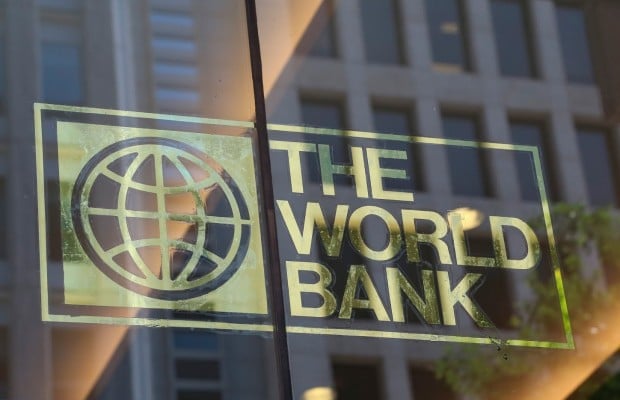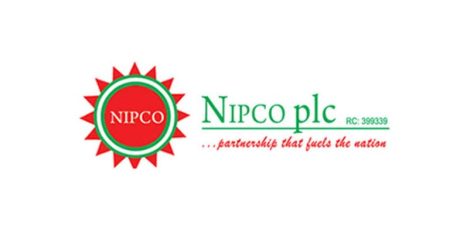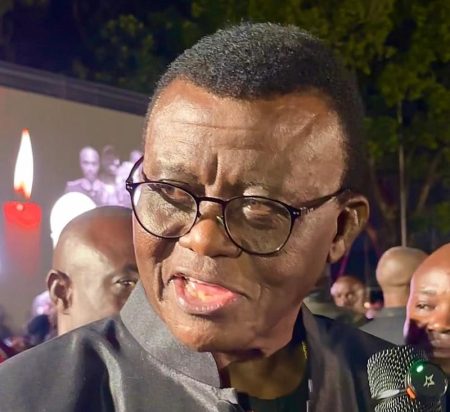Ghana, a nation grappling with economic vulnerabilities, has received a significant boost from the World Bank in its quest for stability and sustainable growth. The World Bank’s Board of Executive Directors approved a $360 million grant from the International Development Association (IDA), specifically designated for the Second Resilient Recovery Development Policy Financing operation. This funding represents a crucial intervention aimed at bolstering Ghana’s ongoing efforts to restore macroeconomic balance, create a more robust and resilient economy, and ultimately, generate employment opportunities. The operation builds upon prior successful reforms implemented under the International Monetary Fund (IMF) program and previous Development Policy Operations (DPO), reinforcing the foundation for sustained economic recovery.
This substantial financial injection is a critical component of a broader World Bank engagement focused on crisis response and resilience-building within Ghana. The operation targets four key areas: restoring fiscal sustainability, bolstering financial sector stability and private sector development, enhancing financial discipline within the energy sector, and strengthening both social and climate resilience. These interconnected objectives are crucial for Ghana’s overall economic recovery and long-term stability. The program recognizes the interconnectedness of these challenges and seeks to address them holistically, thereby creating a more resilient and inclusive economic landscape.
Fiscal sustainability is paramount to Ghana’s economic recovery. The program aims to promote greater fiscal discipline and enhance domestic revenue mobilization. These measures are crucial for reducing the nation’s debt burden and creating fiscal space for investments in essential social services and infrastructure development. By strengthening fiscal management and increasing revenue generation, the government can create a more stable macroeconomic environment conducive to sustainable growth. This will involve implementing reforms in tax administration, expenditure management, and public financial management systems to ensure transparency, accountability, and efficient utilization of public resources.
The program also recognizes the critical role of a stable and robust financial sector in supporting economic growth. It seeks to enhance financial sector stability and promote private investment to drive private-sector-led growth. This involves strengthening regulatory frameworks, improving risk management practices, and enhancing access to finance for businesses, particularly small and medium-sized enterprises (SMEs). By fostering a stable and efficient financial sector, the program aims to attract both domestic and foreign investment, creating jobs and stimulating economic activity.
Addressing the long-standing challenges within Ghana’s energy sector is another key priority of the program. Improving the financial sustainability of the energy sector is crucial for ensuring reliable and affordable access to electricity, a fundamental requirement for economic development. The program will support measures to improve the efficiency of energy sector management and operations, reduce losses, and promote investments in renewable energy sources. This will involve strengthening the governance and regulatory framework of the sector, promoting transparency in procurement processes, and encouraging private sector participation in energy generation and distribution.
The program acknowledges that economic growth must be inclusive and resilient to both social and environmental shocks. Therefore, it includes provisions for strengthening social and climate resilience. This includes investments in social safety nets to protect vulnerable populations from economic hardships and promote human capital development. It also involves integrating climate-related considerations into public policy, promoting climate-smart agriculture, and investing in climate adaptation measures. By building resilience to climate change, the program aims to ensure that economic development is sustainable in the long term.
The World Bank’s support, coupled with the Ghanaian government’s commitment to reform, is expected to yield significant positive outcomes. The program’s success relies on the effective implementation of these reforms and the continued collaboration between the World Bank and the Ghanaian government. The reforms supported by the program are interconnected and mutually reinforcing, creating a synergistic effect that is expected to contribute to broader economic development. The program’s emphasis on private sector development, coupled with improvements in the business environment, will foster a more dynamic and competitive private sector, capable of driving economic growth and creating jobs.
The anticipated outcomes of this comprehensive program extend beyond short-term economic stabilization. By addressing the underlying structural challenges within the Ghanaian economy, the program aims to create a more resilient and inclusive economy capable of withstanding future shocks. This will translate into improved living standards for Ghanaians, reduced poverty, and increased opportunities for all citizens. The program also seeks to create a more sustainable development pathway, integrating climate considerations into public policy to ensure that economic growth is environmentally responsible and contributes to the long-term well-being of the nation.
The success of this operation is predicated on the continuous commitment of the Ghanaian government to implementing these reforms. The World Bank’s financial support serves as a catalyst, enabling the government to undertake critical reforms that are necessary for achieving sustainable economic growth. The effectiveness of the program will depend on strong governance, transparency, and accountability in the implementation process. Regular monitoring and evaluation will be essential to assess the impact of the reforms and ensure that the program remains on track to achieve its objectives.
The Second Resilient Recovery Development Policy Operation is a testament to the World Bank’s ongoing partnership with Ghana in its pursuit of sustainable development. This funding signifies a significant investment in Ghana’s future, demonstrating the World Bank’s confidence in the government’s commitment to reform. The program’s holistic approach, addressing interlinked challenges in fiscal management, financial sector stability, energy sector reform, and social and climate resilience, demonstrates a comprehensive strategy for achieving long-term economic prosperity. The success of this operation will not only benefit Ghana but will also serve as a model for other countries facing similar developmental challenges.
The Minister of Finance, Honorable Cassiel Ato Forson, expressed optimism about the program, emphasizing its potential to enhance fiscal discipline and build a more resilient and inclusive economy. He highlighted the progress made under the IMF program and previous DPOs, noting that they have strengthened macroeconomic stability and restored investor confidence. This positive momentum provides a strong foundation for the Second Resilient Recovery Development Policy Operation to build upon, further solidifying Ghana’s economic recovery and setting the stage for sustained and inclusive growth.
Robert Taliercio, World Bank Division Director for Ghana, Liberia, and Sierra Leone, underscored the urgency of the priorities addressed by the financing, highlighting their importance in revitalizing Ghana’s private sector, building climate resilience, and improving the quality of life. His statement reinforces the World Bank’s commitment to supporting Ghana in accelerating and deepening these crucial reforms, emphasizing the long-term vision for sustainable and inclusive development. The program’s multifaceted approach acknowledges the interconnectedness of economic challenges and the need for comprehensive solutions to achieve sustainable and resilient growth.














